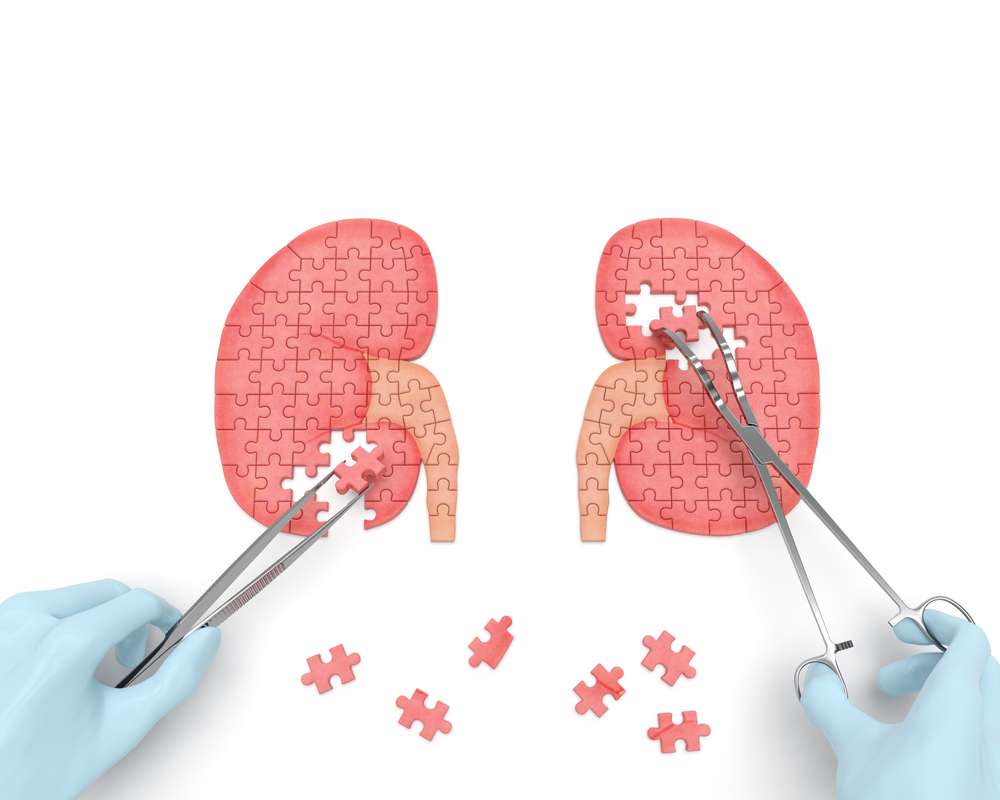Indications & Candidates of Surgery

Who is a candidate for a kidney transplant? Kidneys are valuable organs, therefore nephrologists will not recommend kidney transplantation unless the patient is suffering from ESRD. End-Stage Renal Disease (ESRD) is a non-specific medical condition in which the patient’s kidneys are no longer functioning which necessitates long-term dialysis. We will summarize the most common indication for kidney transplantation.
- Diabetes is believed to be the most common cause of end-stage renal disease. Diabetic nephropathy which is also known as diabetic kidney disease is a chronic deterioration of kidney function that occurs in patients with uncontrolled diabetes. Diabetic nephropathy is one of the leading causes of chronic kidney disease (CKD). Patients with diabetic nephropathy usually complain of increased frequency of urination, puffy eyelids, and swelling of the feet.
- Hypertension, particularly uncontrolled hypertension, is estimated to contribute to 21% of the total end-stage renal diseases. Hypertensive nephropathy is a medical condition that involves kidney injury which is attributed to unmanaged hypertension.
- Glomerulonephritis is an inflammation of the glomeruli which is the network of blood capillaries at the beginning of the nephron (the functional unit of kidneys). Glomerulonephritis could be caused by different agents such as viral infection, autoimmune disease, and exposure to toxins. Mostly, patients with glomerulonephritis respond well to treatment, yet resistant cases may necessitate kidney transplantation.
- Cystic kidney diseases (CKD) are a group of diseases that form cysts (sacs filled with fluids) in or around the renal tissue. CKDs include polycystic kidney disease, medullary cystic disease, and medullary sponge kidney. Cystic kidney disease could be asymptomatic showing no manifestations for a long period until it interferes with kidneys function. Cysts not only reduce blood filtration of wastes and accumulation of toxins in the body but also get bigger and stretch the renal capsule causing flank dull-aching pain. CKD is believed to represent about 8% of the causes of a kidney transplant.
- Pyelonephritis is an upper urinary tract infection that affects the kidney. Inflammatory reactions resulting from infection may damage renal tissue and cause acute kidney injury. In the case of unmanaged pyelonephritis, severe and irreversible destruction occurs to the kidney which may indicate a kidney transplant.
- Congenital anomalies of the kidney are a common indication for kidney transplantation in pediatric medicine. Annual documentation of kidney transplants in the US showed that 37% of kidney transplants performed for pediatric patients are due to congenital anomalies.
- Glomerulosclerosis is a medical disorder in which the fine blood capillaries of the kidneys are partially fibrosed. Although FDA hasn’t approved yet a cure for glomerulosclerosis, kidney transplantation is an available option.


